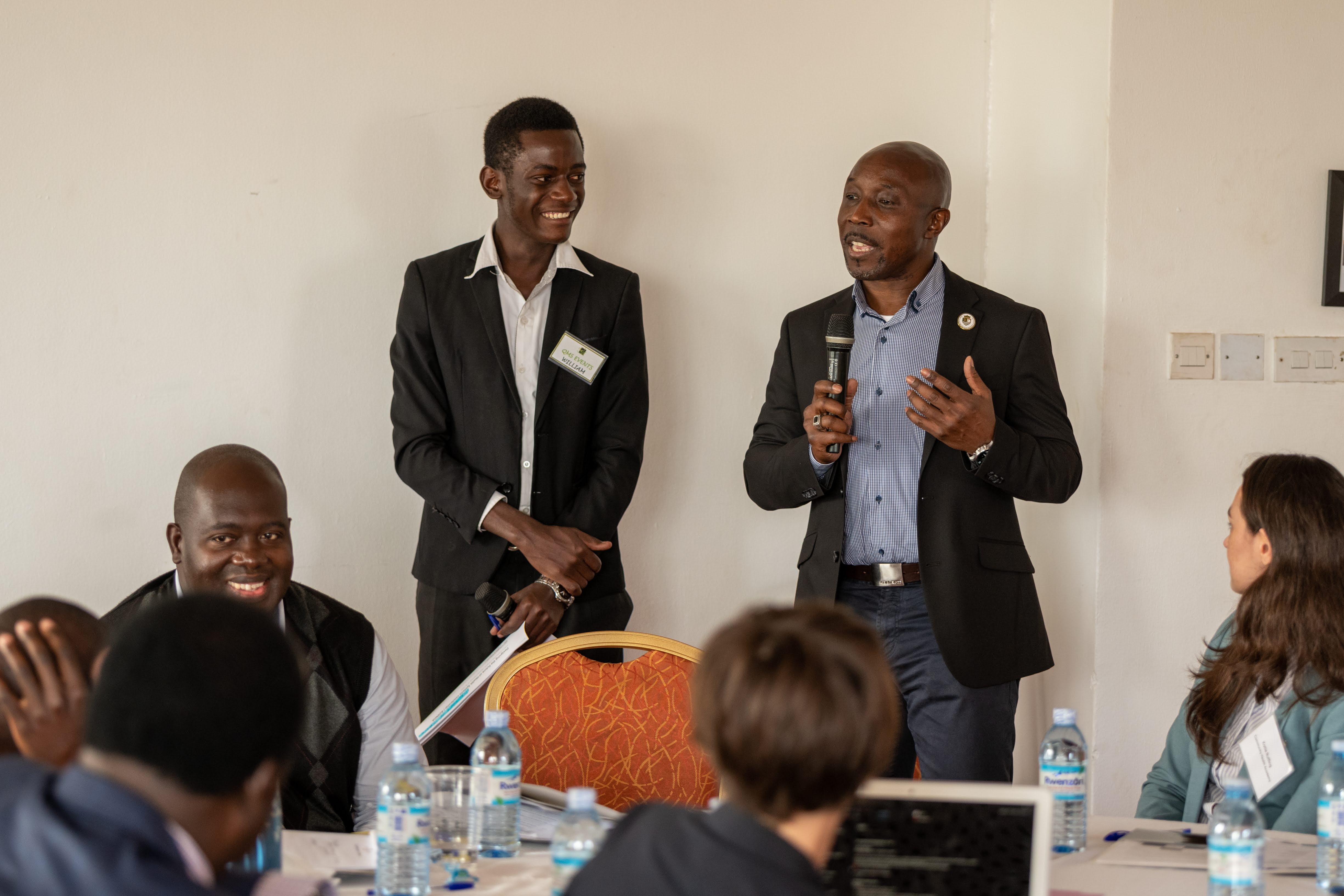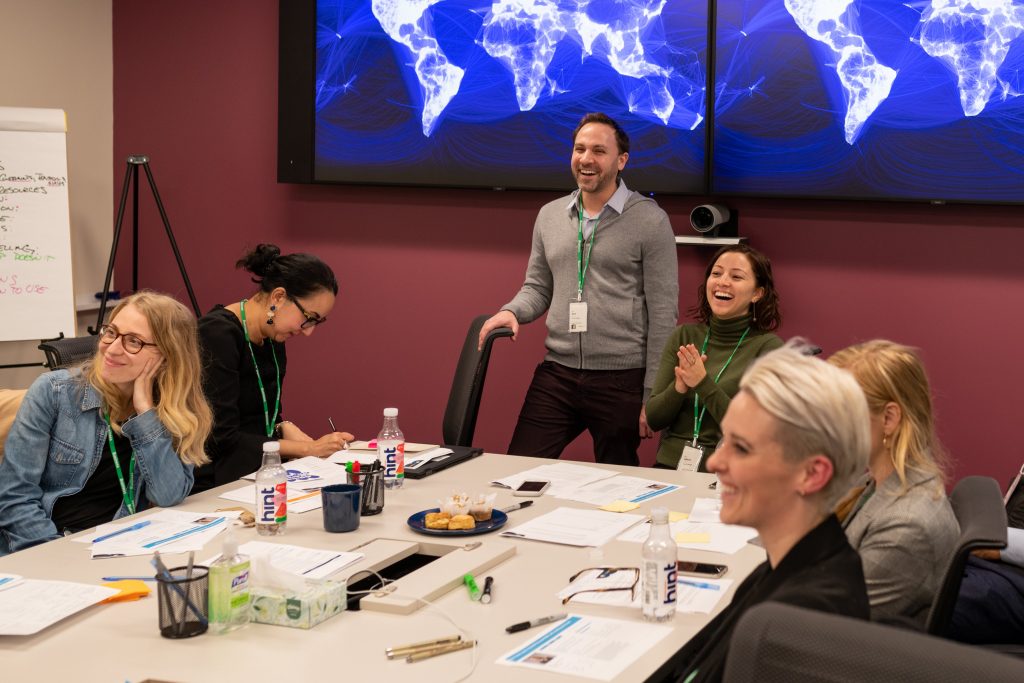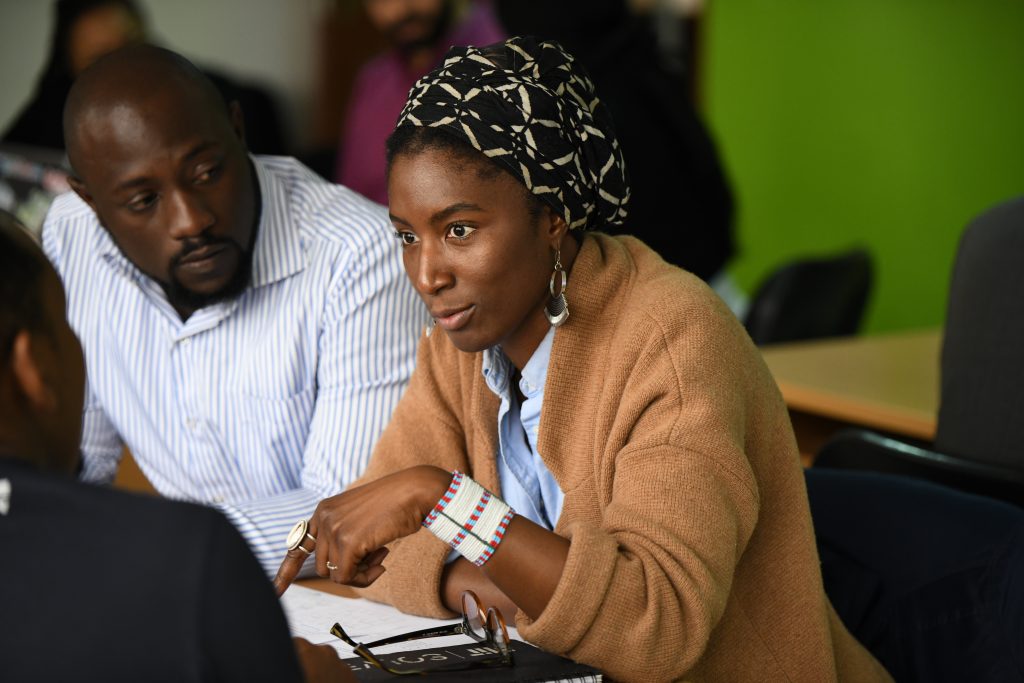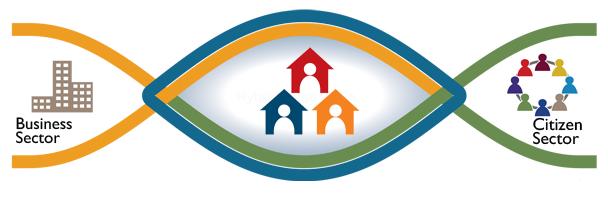When it comes to event planning in the face of a pandemic, the technology is the easy part. Shifting the training model will be harder, and international development is perfectly positioned to lead.
After returning from a successful week-long workshop in Kampala with Last Mile Health (featured image) to plan for an an upcoming online course, I wondered how many similar workshops were suddenly adapting to the growing concerns around the coronavirus that causes COVID-19. That’s because the growing list of cancelled world events ranges from GSMA Mobile World Congress to Facebook’s F8 2020, and the regular international convening opportunities at the intersection of technology and development are threatening to be next.
But crisis can create opportunities for innovation. In education, 200 million students return to school online in China, and even slow-moving US universities are suddenly moving face-to-face courses online in weeks, rather than years. That’s because in the seven years that have passed between Coursera’s “MOOC Mess” and our most recent TechChange course on “How to Teach Online,” technology has evolved far beyond the “watch-a-video, take-a-quiz” method of online training.
And as the sage on the stage lecture-based MOOC gives way to the “guide by your side” small-group workshop, organizers are wondering if they can move more than lectures onto online learning solutions. Remote conferencing providers such as Zoom are expected to benefit, while like Andreessen Horowitz helped raise $4.3 million in seed funding for “Run The World”, whose founder declares: “The ideal event to me isn’t one with 2 million people. I’d rather we hosted 2 million events with 50 people.”
But the technology may be the easy part.
That’s because most in-person workshops are far more complex than the Eventbrite-style offerings that are emerging and being funded. What we need is to recreate what participants gain from attending active workshops of their peers, not just from listening to a lecture with 10,000 other attendees. And that means going far beyond a platform-based solution, but also thinking through edtech as a service, as well as empowering local facilitators to design and facilitate active learning experiences.
That’s why TechChange is changing our model as well. This year, we are working with partners such as Facebook (pictured above) to think through active, blended online workshops on topics such as Gender Data. And why we are supporting partners such as DIAL (pictured below) in understanding and engaging learners for blended and online workshops on topics including the Principles of Digital Development.
In this way, we are hoping to approach online learning not as a series of discrete problems — platform, content, service, support — but as a process driven by educators, local facilitators, and partners community engagement over a number of years. And we’re hoping that in freeing participants and educators from the tyranny of distance, that we’ll enable these conversations to take place more often, more effectively, and more globally than ever before.
The digital transformation of online workshops is coming. And the intersection of technology and development — in delivering these trainings at low cost, in low-bandwidth, and in partnership with local facilitators — is perfectly positioned to lead the way.




